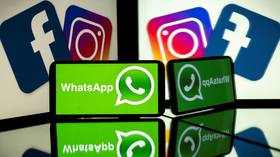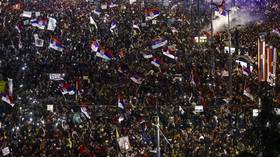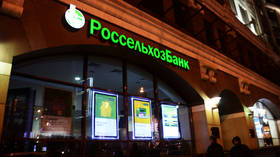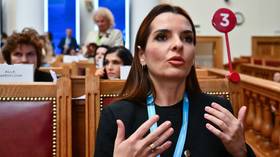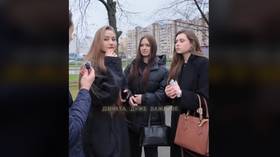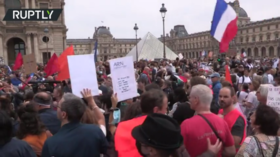YouTube leader in anti-Russian censorship & undeleted illegal content, Moscow's media watchdog claims after anti-trans video row
Russia's state media regulator, Roskomnadzor, has pointed the finger at Google's video-streaming platform, YouTube, as the leading offender in both hosting illegal material and making unaccountable decisions to censor clips.
Officials made the comments on Sunday, after the American tech giant moved to block a video posted by Senator Alexey Pushkov, entitled ‘Attack on the minds of babies: Children as victims of the transexual revolution’. Moscow's online watchdog is insisting that the post be restored.
“YouTube more often than other foreign services restricts access to materials from Russian media,” Roskomnadzor said. “In total, about 30 cases of censorship of Russian publications and information resources have been identified.”
At the same time, they claimed, “YouTube is the leader in the number of unlawful content that has not been deleted.” The agency went on to add that it had sent Google more than 24,000 requests to remove prohibited content, but that close to 5,000 posts were not removed.
The material in question is said to be “content from extremist and terrorist organizations banned on the territory of the Russian Federation and in other countries of the world,” as well as “pro-drugs propaganda and other socially dangerous content.”
In May, officials threatened Google with a potential slowdown in internet traffic if requests to remove banned content were not acted upon. Microblogging site Twitter has already seen its server connectivity speeds slashed on the same basis.
Earlier this year, Russian President Vladimir Putin warned that tech giants were making increasingly unaccountable decisions over content. “These platforms are, of course, primarily businesses…and what is the primary concern of a business? Making a profit,” he said. “They don’t care if this content or that content causes harm for the people at whom it is directed... After all, these modern IT companies are more and more beginning to control people’s consciousnesses.”
Putin added that there was sometimes a case for restricting access to certain online materials, adding that “we must think about it, and react to it.” But, he insisted, “we must not make decisions that would limit human freedoms – the freedom of choice and freedom of speech.”
Like this story? Share it with a friend!
